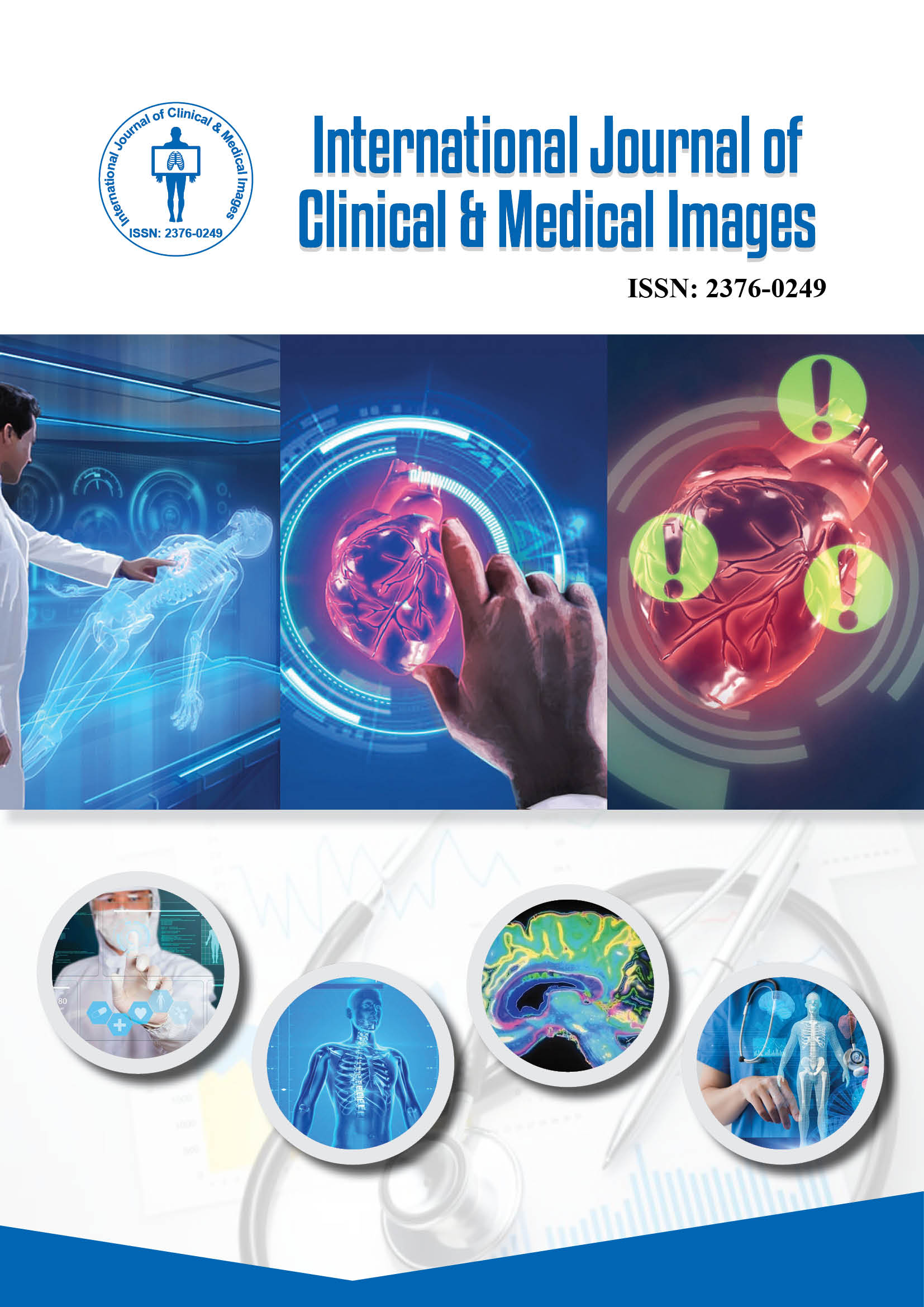2376-0249
Clinical-Medical Image - International Journal of Clinical & Medical Images (2023) Volume 10, Issue 3

Author(s): Aakanksha Raghuvanshi* and Rishabh Sah
Department of Ophthalmology, Guru Nanak Eye Centre, Maulana Azad Medical college & assoc. Hospitals New Delhi, India
Received: 01 March 2023, Manuscript No. ijcmi-23-90570; Editor assigned: 02 March 2023, Pre QC No. P-90570; Reviewed: 16 March 2023, QC No. Q-90570; Revised: 20 March 2023, Manuscript No. R-90570; Published: 27 March 2023, DOI:10.4172/2376-0249.1000881
Citation: Raghuvanshi Aakanksha and Rishabh Sah. (2023) Infantile Esotropia with Crystalline Cataract. Int J Clin Med Imaging 10:881.
Copyright: © 2023 Raghuvanshi A, et al. This is an open-access article distributed under the terms of the Creative Commons Attribution License, which permits unrestricted use, distribution and reproduction in any medium, provided the original author and source are credited.
The types of strabismus associated with bilateral congenital cataracts can include both esotropia and exotropia.1,2 Some rare forms of opacity in the crystalline lens are spear cataract and staghorn crystalline. Here we are presenting a case of 21 year old female who came with complaints of inward deviation of either eye and diminision of vision both eyes since childhood with no associated systemic history. On examination patient had visual acuity of 20/400 both eyes. There was an inward deviation of 56PD with both eyes taking fixation central, steady and maintained with end gaze nystagmus (Figure 1). Slit lamp examination of both eyes revealed multiple whitish clumped opacities distributed irregularly in deep cortex and nucleus of lens suggestive of a crystalline type of congenital cataract (Figure 2). Fundus examination was normal. We performed phacoemulsification in both eyes over a gap of 2 weeks and she gained post-operative best corrected visual acuity of 20/80 in both eyes suggestive of amblyopia. She was also adviced to undergo squint surgery but patient refused to undergo surgery. We are reporting this case because due to poor socieconomic status and inequitable access to health care such patients come with late presentation as presented in adulthood. If this patient would have been operated for both cataract and squint in childhood, she would have gained a better visual acuity [1,2].
Esotropia; Exotropia; Crystalline cataract
The authors declare no conflict of interest.
[1] Demirkilinc Biler E, Duygu IB, Onder U and Suheyla K. (2015) Strabismus in infants following congenital cataract surgery. Graefe's Arch Clin Exp Ophthalmol 253: 1801-1807.
Google Scholar, Crossref, Indexed at
[2] France TD and Jacqueline WF (1984) The association of strabismus and aphakia in children. J Pediatr Ophthalmol Strabismus 21: 223-226.
 Awards Nomination
Awards Nomination

